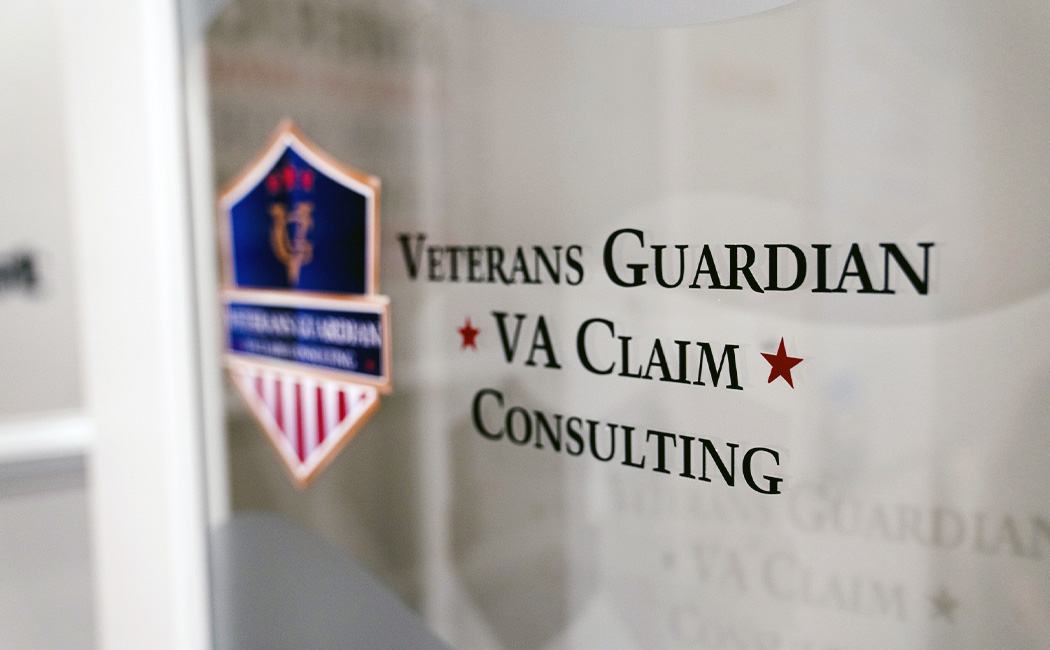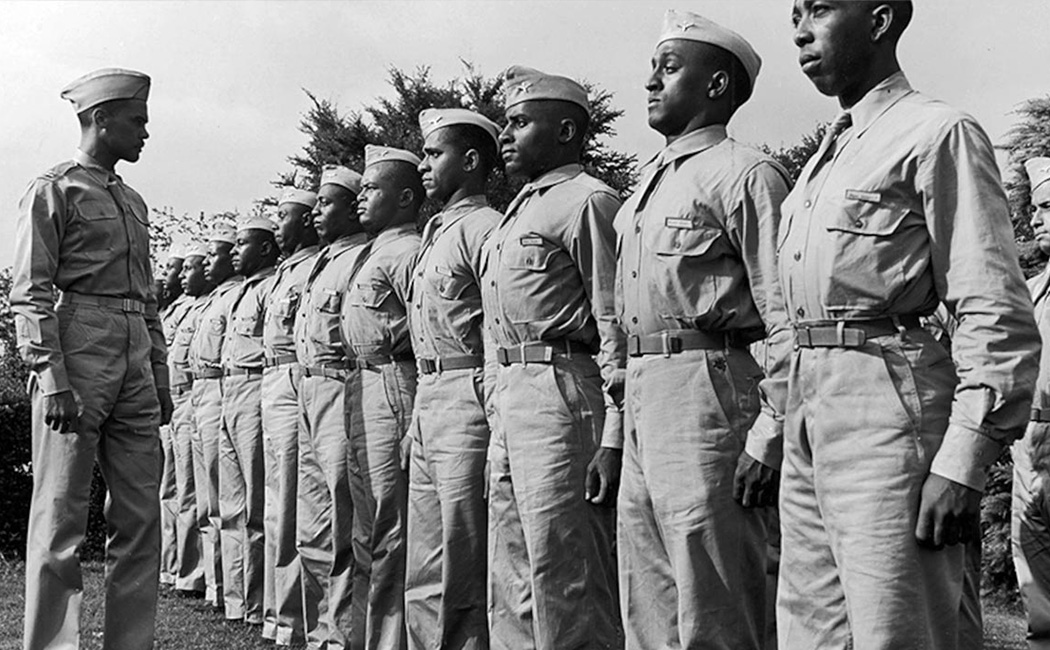In recent years, the United States military veteran population has surpassed 18 million. In an effort to support this growing population, there has been a large expansion of health, home loan, education and other veteran benefits. But statistics show that many veterans aren’t taking advantage of the wide array of benefits available to them. Many veterans miss out on VA benefits.
One of the commonly forgotten entitlements is one of the most essential: VA Disability Compensation
A misunderstanding or frustration with the application process causes many veterans to simply forgo VA Disability benefits. Oftentimes, confusion about qualification requirements keeps veterans from receiving their disability benefits. If you or a friend have struggled to receive your VA disability benefits, or aren’t sure about your eligibility, read on.
Confusion About Who Can File
Many veterans that are eligible for VA disability benefits simply don’t realize it. There is a lot of confusion about who is actually eligible for this benefit.
One common misconception is that you had to have been involved with combat operations to be eligible. Disability benefits are not limited to combat vets, nor those with orthopedic conditions. Any veteran that honorably served on Active Duty military service may be eligible to get VA disability benefits or compensation. This includes anyone that was mobilized or activated during National Guard or Reserve time as well.
If you have a current illness or condition that affects your body or mind and it can be linked to the military, then you may fit the criteria to receive a VA Disability Rating. Many common conditions such as knee or back pain, GERD, PTSD and others can be service connected. Some conditions may be caused by service, and develop years later (such as Agent Orange or environmental toxins), and these too can be service connected even without active duty medical records. Whether your physical or mental disability was caused or aggravated by service, it’s worth knowing your options to see if you merit a service-connected disability.
Calculate Your Potential VA RatingGiving Up on Claims
The claims process for VA disability benefits is daunting, lengthy, and intimidating. It’s no wonder so many veterans simply give up entirely once they see the application paperwork. While free help is available to help compile the proper paperwork (such as the county VSO ), oftentimes these government services involve significant delays and a lack of quality customer service due to staffing limitations. For many veterans, a negative experience in the application process, or a denied claim is enough reason to give up and not look back.
Application Issues
Using the wrong VA form, or missing important deadlines when applying for benefits is a recipe for denials. If you have have previously applied and been denied, it can be especially difficult to choose which form is appropriate. Usually, the VA will include the appeal form you need to use with their denial, but oftentimes there are various options presented which complicate things further. Furthermore, disability claims are highly time sensitive. There are many important deadlines for things like Presumptive period, Intent to File, and strict timelines for any appeals or supplemental claims. Being aware of and meeting the various claim deadlines is critical – failure to do so can result in denial of benefits.
Schedule A Free EvaluationSkipping C&P Appointments
If you’ve overcome the difficult claims paperwork and submitted everything as required, you may encounter yet another VA hurdle to disability benefits. Often, the VA will schedule a C&P exam in connection with a compensation application. This exam is not optional. If you don’t attend, the VA can deny your application solely for that reason. Improperly re-scheduling or skipping your C&P is a common reason many veterans miss out on their hard earned disability benefits.
Attendance is critical for claim success – as is being prepared and knowing how to properly handle the exam itself.
Understand How To Appeal
Filed a claim that was denied? You can choose to disagree and appeal the VA decision, however there are several levels of appeal in the VA system. Each type of appeal has its own rules, procedures, and required forms. Because appeals can take years to resolve, it’s easy to lose track of the status of your case. It’s easy to miss out on your benefits without careful strategic help with your appeal.
Employment Concerns
One common urban legend that surrounds VA disability benefits is that this benefit prohibits employment. Many veterans have heard that a VA rating and subsequent monetary compensation prohibits them from pursuing full time employment, or even schooling. This common misunderstanding is due to a VA program known as “Total Disability Individual Unemployability ” in which disabled veterans receive 100% VA disability compensation because they cannot keep or obtain gainful employment. Veterans who are simply awarded a VA rating and subsequent compensation may still maintain employment as they wish without limitation.
Concerns over Legal Rights
It’s not surprising many veterans are afraid of pursuing mental health treatment and claims. But it’s important to understand that a diagnosis and service connection does not put a veteran in the crosshairs. To be clear, a Mental Health rating from the VA and mental incompetence are not the same things. Having a Mental Health condition or VA Rating does not in itself put the veteran at risk for losing their constitutionally protected rights. A person can be mentally incompetent without having PTSD or depression. If you’ve ever suffered PTSD, Anxiety from Chronic Pain, or other Mental Health conditions, it’s important to see the full picture before discounting these powerful claims.
Confusing SS Benefits with VA Disability Benefits
Social Security Disability and VA Service Connected Disability are not one and the same. Confusing the two programs causes many to miss out on benefits they may be eligible for. If you are already getting Social Security Disability benefits, you will not automatically qualify for veterans disability benefits and vice versa. You may be leaving money on the table.
The content here is used for informational and marketing purposes. This is not a substitute for legal advice.















